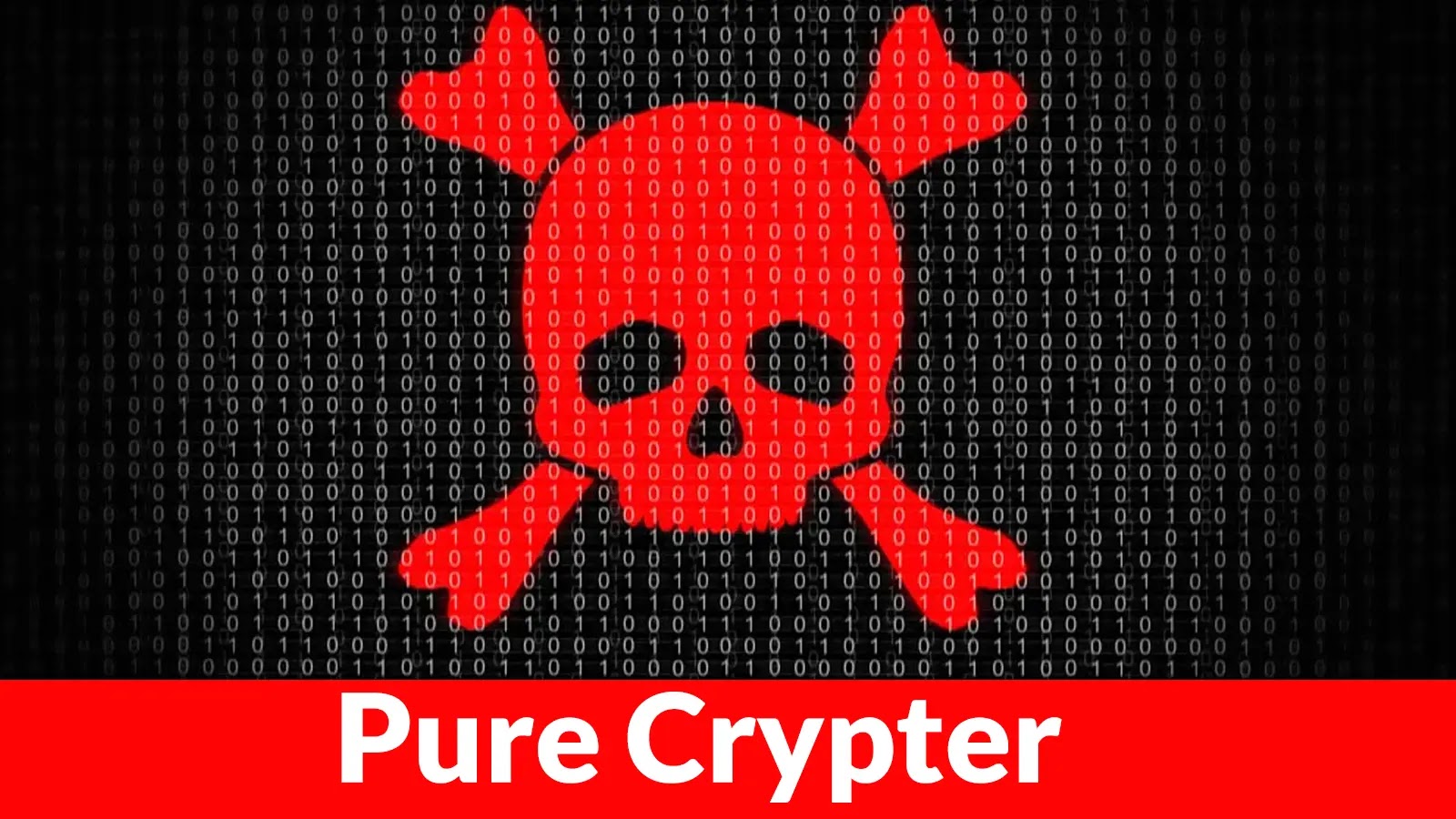In a decisive move to counteract cyber threats and malign activities, the United Kingdom has imposed sanctions on three units of Russia’s military intelligence agency, the GRU, along with 18 associated officers. These measures target individuals and entities implicated in a series of cyberattacks and assassination attempts that have destabilized regions and endangered lives.
Sanctioned GRU Units and Their Activities
The sanctioned units—GRU Units 29155, 26165, and 74455—have been identified as key players in Russia’s cyber warfare and covert operations.
– Unit 29155: Also known by aliases such as Cadet Blizzard and Bleeding Bear, this unit has been linked to several high-profile incidents:
– The 2014 explosion at an ammunition warehouse in Vrbětice, Czechia.
– The 2018 attempted assassination of former Russian spy Sergei Skripal and his daughter Yulia in Salisbury, UK.
– The 2020 cyberattack on the Estonian government.
– The deployment of the WhisperGate wiper malware against Ukraine in February 2022, coinciding with Russia’s military assault on the country.
– Unit 26165: Known by monikers such as APT28, Fancy Bear, and Sofacy Group, this unit has orchestrated numerous cyberattacks aligned with Russia’s foreign policy and military objectives:
– The 2015 hack of Germany’s Bundestag.
– The 2016 breach of the U.S. Democratic National Committee.
– Interference in the 2017 French presidential elections.
– Targeting of the 2024 Paris Olympic and Paralympic Games.
– Multiple attacks on Ukrainian infrastructure.
– Unit 74455: Also referred to as Sandworm, this unit has been implicated in:
– The 2017 NotPetya ransomware attack, causing widespread disruption.
– Cyber operations against the 2018 Winter Olympics in Pyeongchang.
– Ongoing cyberattacks targeting Ukrainian energy infrastructure.
Broader Implications and International Response
The UK’s Foreign Secretary, David Lammy, emphasized the gravity of these actions, stating that GRU operatives are engaged in campaigns aimed at destabilizing Europe, undermining Ukraine’s sovereignty, and threatening the safety of British citizens. He asserted that the UK is fully aware of these covert operations and will not tolerate them.
These sanctions are part of a broader international effort to hold Russia accountable for its cyber activities. The United States and Australia have also imposed similar measures, reflecting a unified stance against state-sponsored cyber aggression.
Historical Context and Ongoing Threats
The GRU’s cyber operations have a long history of targeting Western institutions and critical infrastructure. Notably, the 2018 Novichok poisoning in Salisbury and the 2016 U.S. election interference are among the most infamous incidents attributed to Russian intelligence.
More recently, the UK’s National Cyber Security Centre (NCSC) issued warnings about Russian state-backed groups targeting Microsoft 365 accounts, deploying sophisticated malware to steal credentials and access sensitive information. These campaigns have primarily targeted Western organizations supporting Ukraine, including logistics and technology firms, NATO government bodies, and infrastructure monitoring tools.
Conclusion
The UK’s sanctions against Russian GRU units and officers underscore a firm commitment to countering cyber threats and holding perpetrators accountable. By targeting individuals and entities responsible for malicious cyber activities and assassination attempts, the UK aims to disrupt these operations and deter future aggression. This coordinated international response highlights the growing recognition of cyber warfare as a significant threat to global security and the necessity for collective action to mitigate its impact.



